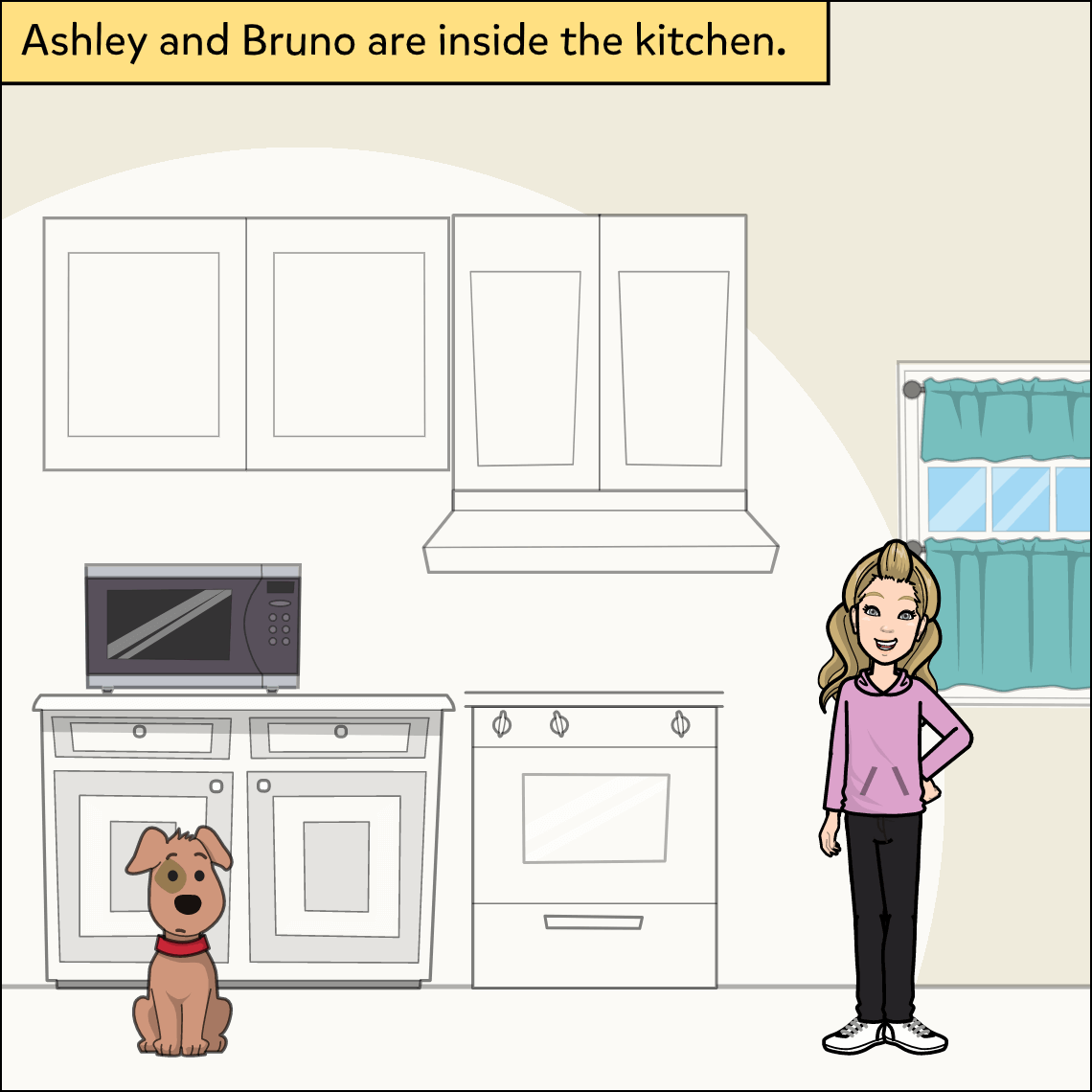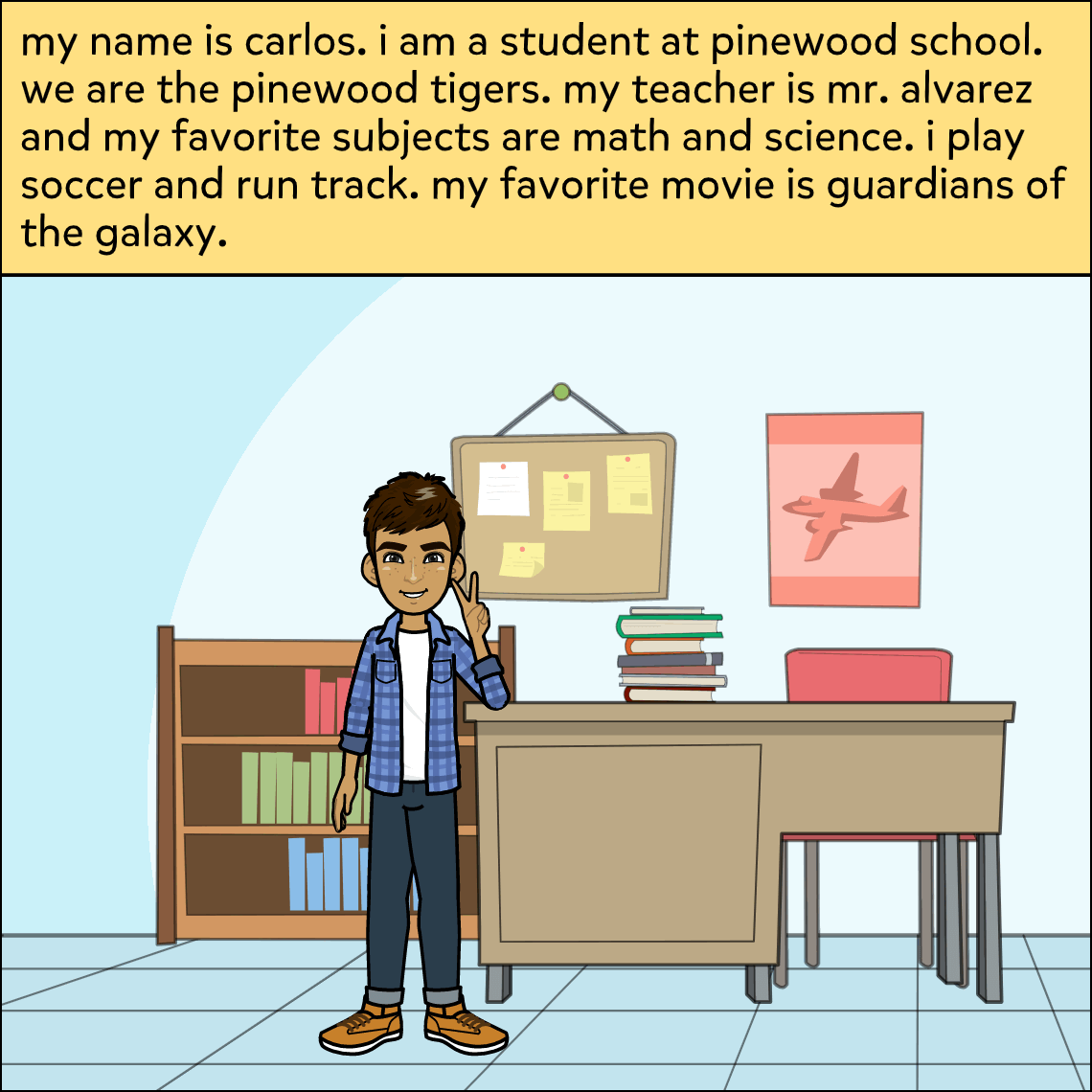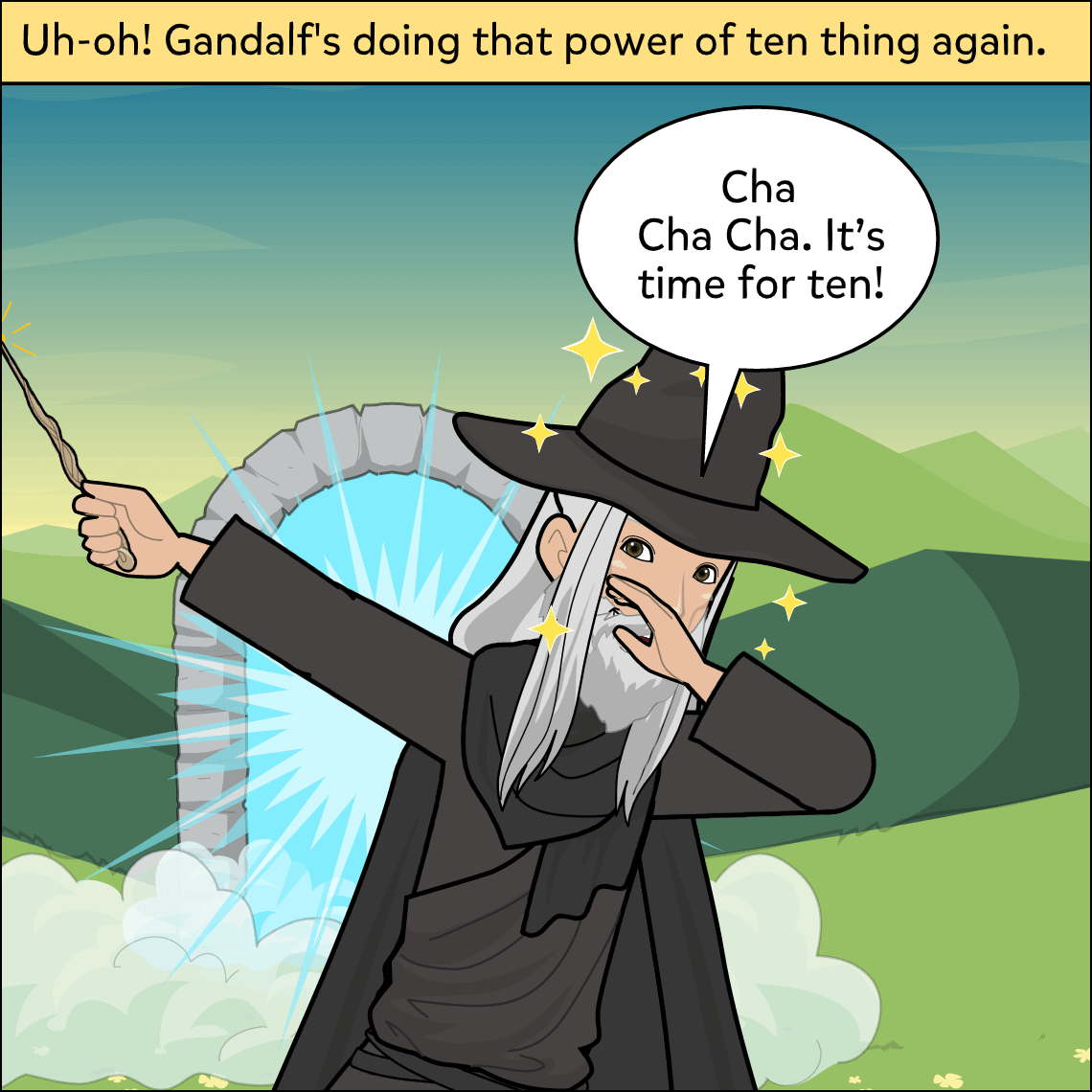Subject: ELA (English Language Arts)
Lesson Length: 30 - 45 mins
Topic: Understanding Types of Pronouns
Brief Description: Students will learn about subjective, objective, and possessive pronouns. They will create a comic to demonstrate properly using pronouns in writing.
Know Before You Start: This is an introductory lesson for understanding the types of pronouns. Students will recognize that we use subjective, objective, and possessive forms of pronouns in speaking and writing.
Hook:
- Offer the example "Maya likes to read. Maya reads all different kinds of books. Sometimes Maya let’s me borrow some of Maya’s books. I like that Maya let’s me borrow them."
- Discuss:
- Does something sound wrong in that paragraph?
- Guide students towards the fact that using the same noun over and over in a story can get annoying! That’s why we have pronouns.
Activity:
- Explain that a pronoun takes the place of a noun, kind of like a substitute teacher takes the place of a teacher. List a few common pronouns.
- Read and discuss the sample comic.
- What is taking place?
- What pronouns do they identify in each panel?
- How are the pronouns used differently within each panel?
- Explain that there are different types of pronouns.
- Subjective Pronouns act as the subject in a sentence, e.g., I, you, he/she, we, they.
- Objective Pronouns are used when something is being done to someone, e.g., him/her/it, you plural, them, whom.
- Possessive Pronouns show that something or someone belongs to something or someone, e.g., my, his/her, their, your, our, mine, ours, etc.
- Using the sample comic as a guide, have students create a three-panel comic showing examples of subjective, objective, and possessive pronouns being used correctly.
Closure:
- Give students an opportunity to share their comics with others.
- Discuss how students can use pronouns in their writing.
Differentiation:
- Allow students to use the speech-to-text feature.
- Allow students to use the voiceover feature to read their comics aloud.
- Allow students to work in pairs or groups as needed.
- Display or print out list of pronouns for student reference.
- Provide sentence frames as needed.
 Middle School
Middle School


